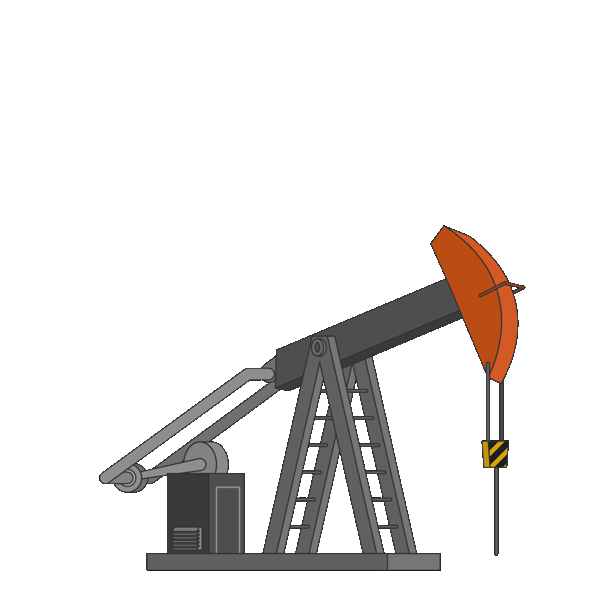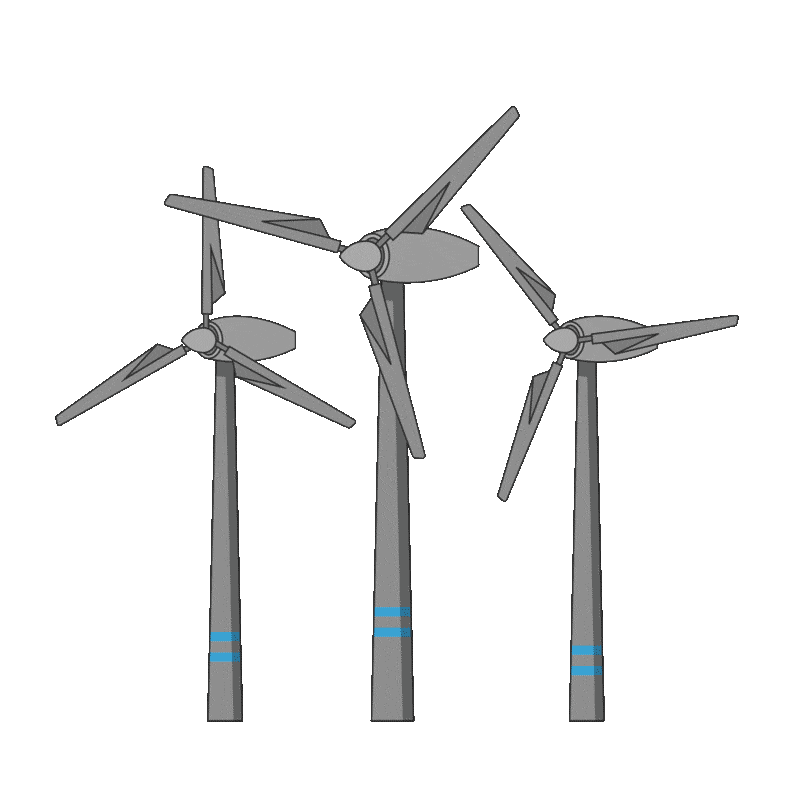In Europe cars and trucks run on fossil fuels: petrol, diesel and, to a small degree, gas. We know they can have no long or even medium-term role in powering European transport if we are to avoid catastrophic climate change. Exiting fossil fuels is key to transformation. But then there’s biodiesel. This is produced from food crops. Yet it emits, on average, 80% more CO2 emissions than the fossil diesel it replaces. And the biodiesel made from palm is three times worse for the climate. For years T&E has pushed to end the destructive anomaly of burning food-based biofuels that do more harm than good. And in 2018, we had our best chance to persuade EU lawmakers to do something about it.
At T&E’s urging, the European Parliament sent a signal to the Commission and governments: stop increasing the use of food-based biofuels and label palm oil diesel as unsustainable. EU policy should stop promoting food-based biofuels because it causes significant deforestation. Ending EU support would bring much needed relief to the world’s orangutans and precious rainforests.
Fake ‘green’
We also worked with Indonesia’s indigenous communities, small farmers, and human rights and environmental groups to alert European leaders of the true impact of palm oil production. On top of deforestation, peatland drainage and destruction of habitats, Europe’s biofuels policy was driving land grabbing, human rights abuses, workers’ exploitation and corruption there.
At the same time it was becoming clear that the palm problem was growing. T&E obtained industry data showing Europe’s use of palm biodiesel had grown 13.5% in one year alone. In 2017, diesel cars and trucks burned more than half (51%) of all the palm oil used in Europe, and an extra 10% was burned for heating and electricity. (Food products and cosmetics accounted for the rest.) The data charted a four-fold increase in the use of palm for biofuel since the EU’s renewable energy law was first introduced in 2009.

In 2018 EU lawmakers finally agreed to fix that law. European countries would no longer be forced to subsidise food-based biofuels to meet the EU’s future green energy targets, they agreed. If European countries continue to support food-based biofuels after 2020, they would have to limit their contribution to the levels achieved nationally in 2020, capped at 7%. Crucially, the highest-emitting biofuels made from palm (and soybean) would be capped at 2019 levels until 2023 and then reduced to zero by 2030. The European Commission would have until February 2019 to come up with science-based criteria for the phase-out. Finally, the revised law includes new transparency requirements that ensures information on the type of biofuels supplied to EU drivers by oil companies will be made publicly available.
To make sure the Commission finished the job, T&E took the fight to the public domain. Our Ipsos survey showed the vast majority of Europeans don’t know they’re putting palm oil in their tanks when filling up with diesel and are opposed to it. We got together with 18 key environmental and citizens groups from 10 European countries and launched a petition, #NotInMyTank, telling EU lawmakers to stop forcing citizens to burn palm biodiesel in their vehicles. Activists staged several ‘Gatherings of the Apes’ to convince policymakers to take action to avoid the extinction of many species, including orangutans, caused by deforestation for palm plantations.
By year’s end, a new public momentum was gathering. The French National Assembly voted to end tax incentives for adding palm oil to diesel fuel as of 2020. They also decided to treat palm oil diesel as a regular fuel and not as a green fuel – therefore it could no longer count towards France’s targets for renewable energy in transport. The coalition’s petition would go on to gather over 650,000 signatures. Would the Commission defy them in 2019?
The real alternatives
Meanwhile, so-called ‘advanced’ fuels have been given a cautious welcome in Europe. The revised renewable energy law set them a de facto target of 7% of transport energy consumed in 2030. Half of that will need to come from advanced biofuels from waste and residues whilst the rest is expected to come from renewable electricity, such as solar and wind, and other fuels. The new law provides specific incentives for suppliers of renewable electricity to be used in EVs.
However, there may be trouble ahead: the Commission’s long-term climate strategy relies on using unsustainable quantities of biomass, much of which EU countries will end up importing from outside Europe. T&E’s own analysis of how transport can be decarbonised by 2050 projects that advanced biofuels are unlikely to grow beyond 3.5% of transport energy due to constraints in availability and other sectors competing for its use.
So if fossil fuels accelerate climate change, and if most biofuels in Europe today are even worse, what should power our cars and trucks? Renewable electricity from wind or solar is the cleanest energy that can be produced to fuel the transport sector – and is 2.5 times more efficient than fossil fuels in terms of transport work it delivers. Its land footprint is also better – a football pitch of land covered with food crops can fuel 2.4 cars when it would fuel 260 electric cars when covered by solar panels. As Europe greens its electricity supply, electric cars and trucks with electric powertrains – that is battery electric and hydrogen fuel cell vehicles – offer a path to decarbonisation.
However, synthetic fuels – known as electrofuels or power-to-liquid – are neither an efficient or a cost-effective solution for road vehicles, our analysis showed. These CO2-based liquid fuels, which can be used in internal combustion engines, would require one-and-a-half times more than Europe’s current total electricity production to power Europe’s cars and trucks. However, synthetic fuels could help decarbonise the aviation sector. To emit close-to-zero emissions, the fuel would have to come from new renewable sources – with strict sustainability criteria – and be made using air-captured carbon.
Other campaigns
trucks
Chunky and gluttonous vs fit and sleek. Which one do you bet on?
Planes
Loud and stingy vs silent and smooth. Which one do you bet on?
Ships
Dirty and smelly vs careful and discreet. Which one do you bet on?




